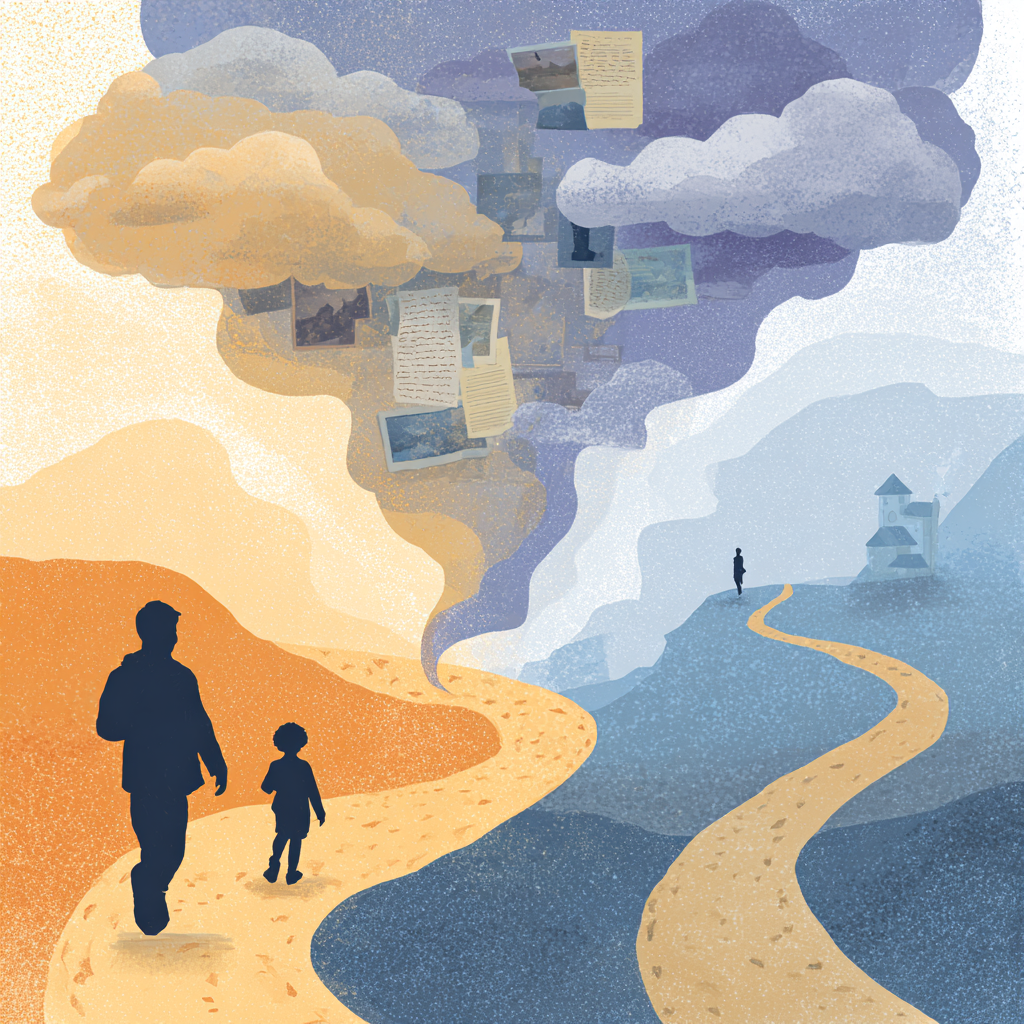Managing the Adult and Child Self in Dysfunctional Families
Introduction
Hello, this is Blake Anderson, a Registered Social Worker and therapist in Toronto, Ontario, with over 13 years of social work experience and five years as a therapist. This advanced blog post supplements my YouTube video on Tip #6 from my free series of 20 strategies for overcoming narcissistic abuse and the scapegoating role: the adult self versus the child self.
Drawing from Internal Family Systems (IFS) therapy, I explain this distinction for interactions with emotionally immature or narcissistic family. For those searching "adult self child self IFS narcissistic parents," "scapegoat reactivity family," "Sam Vaknin snapshotting," or "grieve childhood dysfunctional family," these tools reduce triggers and build empowerment.
Which self—adult or child—dominates your family interactions? Share in the comments.
Adult Self vs Child Self in IFS
There's the notion of the adult self and the child self. When you're coming from your adult self, you're coming from a person that is very much an adult. And as mentioned earlier about IFS therapy, we have these different parts of the self. If we take the notion that we have a child self or we have an adult self, then when we're interacting in a family, there can be a lot of pressure from the parents or this anxiety in the family. And so there is a part of our child's self that is maybe used to playing a role and also largely being assigned a role in this dysfunctional family.
The child's self can be very much reactive when parents or siblings treat you a certain way. It comes down to our attachment and some core aspects of how we're raised and how we evolve as humans. If we learn to grieve the fact that our childhood in some sense, things that we missed, then we can learn to operate more from our adult self. The adult self is calmer and it's less reactive.
Family Snapshots and Reactivity
I would encourage you to consider when you're gonna interact with your family: Am I going in with my child self and with my adult self? This can be challenging because family often will, there's notion, Sam Vaknin, his concept of snapshotting. So they have a snapshot of perhaps who you are. And so they interact with that snapshot and they're very maybe interacting with this like 12, 13-year-old self and perhaps they don't want you growing up in some sense. So they're infantilizing you in some ways.
Practical: Before family contact, journal: "Child self triggers?" During: Note body/mind cues of disempowerment—shift to adult self breathing.
Strategies for Adult Self Operation
Be aware of these different parts of the self and know kind of which part of the self is going in with this dynamic and keeping kind of notes, journaling. Just paying attention to what parts yourself are operating when you're interacting with your family.
Conclusion
Distinguishing adult self (calm, less reactive) from child self (role-assigned, disempowered) counters snapshotting and infantilization in narcissistic families. Grieve missed childhood elements via IFS to operate empowered, reducing scapegoat reactivity.
Thank you—stay tuned for more.
Download my free Scapegoat & Narcissistic Abuse Recovery Course 20 tips and toolkit. Learn more.


